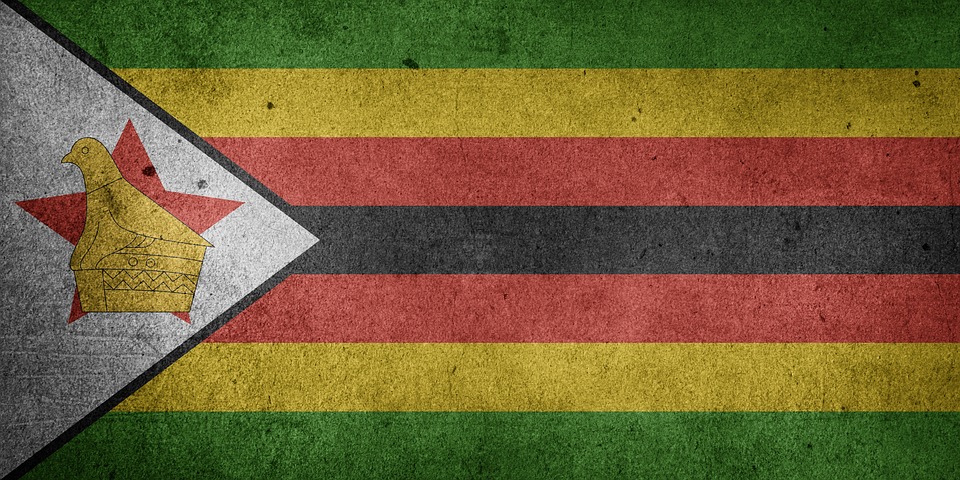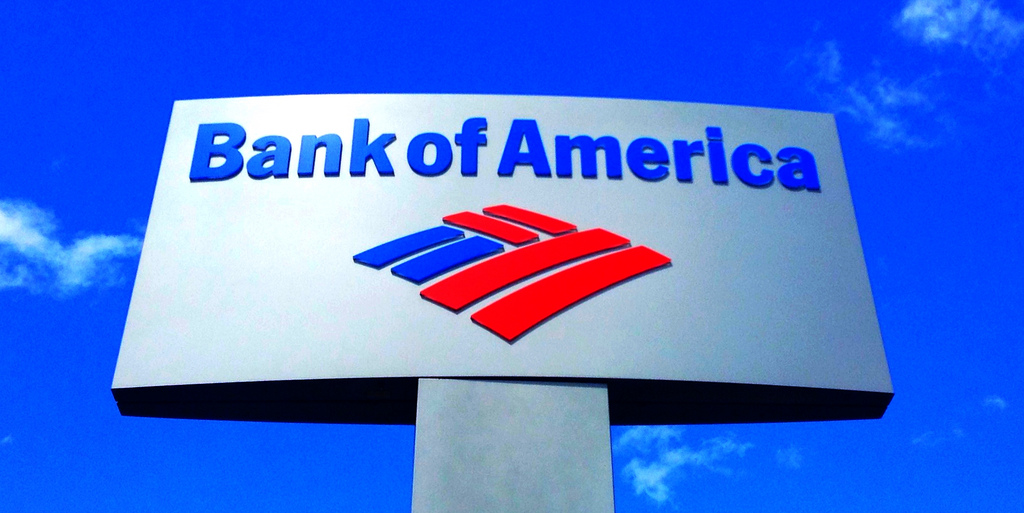 Parler
Parler Gab
Gab
Zimbabwe's sixth attempt to reset currency since 2008
The move to create the new Zimbabwe gold currency is the country's sixth attempt to reset its currency into something functional since 2008, when inflation at one point crossed as high as 500 billion percent, making the country's money effectively worthless. To promote demand for the ZiG, Zimbabwe will make it compulsory for companies to settle at least 50 percent of their tax obligations using the new unit, according to the central bank. Currently, traders in the southern African nation are rejecting lower denominations of the former Zimbabwean dollar due to its perceived worthlessness, insisting instead on paying for transactions with the U.S. dollar, which is also a legal tender in Zimbabwe. The plummeting currency has resulted in more than 80 percent of transactions being done in dollars and inflation hastening to 55.3 percent in March from 47.6 percent the previous month. Mushayavanhu said the currency changes are anticipated to cool yearly inflation to between two percent and five percent at the end of the year and monthly to below one percent. Mushayavanhu, who took over as central bank governor on March 28, which was a month earlier than the original start date, promised a return to more orthodox monetary policies. "We are not going to be involved in any quasi-fiscal activities. I have no intention to do other people's jobs," Mushayavanhu said. To restore public confidence, the ZiG will be fully supported by a combination of gold and other precious metals, in addition to foreign currency reserves held at the central bank. In a supporting document to clarify the changes, it stated that reserves presently include $100 million in cash and 2,522 kilograms (5,560 pounds) of gold worth $185 million. "The total amount of gold and cash reserve holdings of US$285 million represents more than three times cover for the ZiG currency being issued," the central bank said in the statement. Follow GoldReport.news for more stories about gold-backed currencies. Watch this video from economist Lynette Zang commenting on why she thinks a gold-backed currency might not be enough to save Zimbabwe. This video is from the What is happening channel on Brighteon.com.More related stories:
Zimbabwe central bank announces gold currency to combat inflation. Zimbabwe’s central bank to issue GOLD-backed digital currency in effort to stabilize runaway inflation. BRICS bloc’s proposed gold-backed currency could spell an END to the US dollar. USD dominance will substantially weaken with BRICS launch of a gold-backed cryptocurrency. United Arab Emirates buys 75 tons of physical gold from Russia as U.S. dollar loses grip on world reserve currency status. Sources include: RT.com Bloomberg.com APNews.com Brighteon.comBank of America is an active enemy combatant targeting conservatives
By Ethan Huff // Share
ANALYSIS: Israel, Ukraine, Western Europe and the United States have already been defeated
By Mike Adams // Share
Bureau of Labor Statistics reports ZERO GROWTH in manufacturing jobs in March
By Ava Grace // Share
Turkey announces ban on certain exports to Israel until a ceasefire is achieved in Gaza
By Richard Brown // Share
Governments continue to obscure COVID-19 vaccine data amid rising concerns over excess deaths
By patricklewis // Share
Tech giant Microsoft backs EXTINCTION with its support of carbon capture programs
By ramontomeydw // Share
Germany to resume arms exports to Israel despite repeated ceasefire violations
By isabelle // Share










